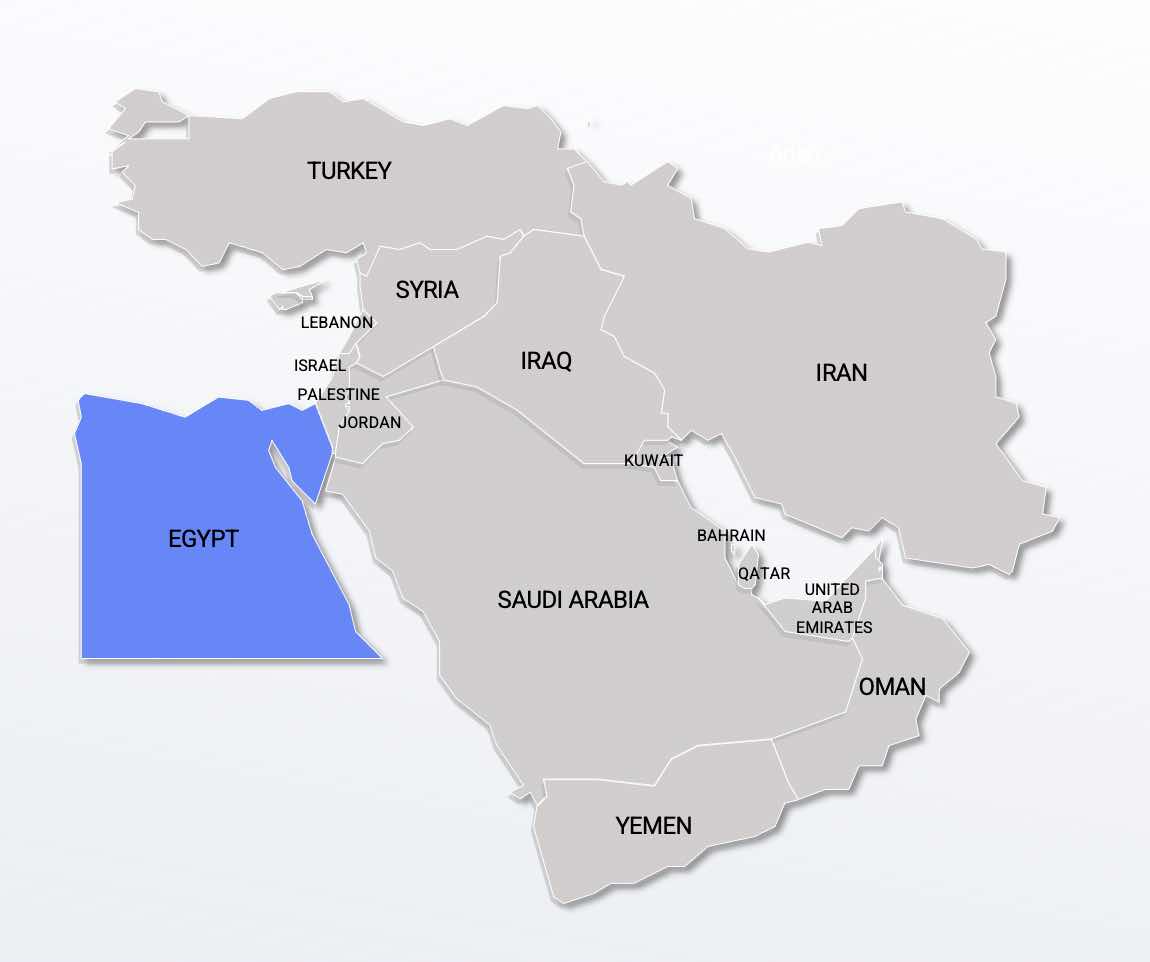Water in Crisis - Egypt

Water scarcity is a major issue in Egypt, which is predominantly a desert country with very limited renewable water resources. The country's population has been steadily increasing, putting further strain on the already limited water resources. The situation is made worse by climate change, which is causing more frequent droughts and reducing the amount of rainfall.
According to the World Bank, Egypt has an annual water supply of 60 billion cubic meters, which is less than the amount required to meet the needs of its population of over 100 million people. The country is heavily reliant on the Nile River, which provides over 90% of its water resources. However, the Nile is also used by other countries upstream, which can lead to disputes over water allocation.
One potential source of conflict is the Grand Ethiopian Renaissance Dam (GERD), which the government of Ethiopia is building on the Blue Nile, a major tributary of the Nile River. Egypt is concerned that the dam will significantly reduce its share of the Nile's water, as the dam's reservoir could hold up to 74 billion cubic meters of water. Ethiopia maintains that the dam is essential for its development and will not significantly affect downstream countries.
The overuse of water resources in Egypt has led to the depletion of aquifers and the intrusion of seawater into coastal aquifers, resulting in a deterioration of water quality and an increase in water-related diseases. To address the issue of water scarcity, the Egyptian government has implemented various measures, including the construction of new water treatment plants, the implementation of water conservation measures, and the development of new water resources. However, these efforts have been hindered by political instability, economic challenges, and limited financial resources. Addressing climate hazards, particularly in transboundary water systems under development, not only mitigate the water-related challenges but also provide an opportunity…. for more cooperation.
* This article was produced in part by generative assistive technologies, then edited and reviewed for accuracy by The Water Project staff.